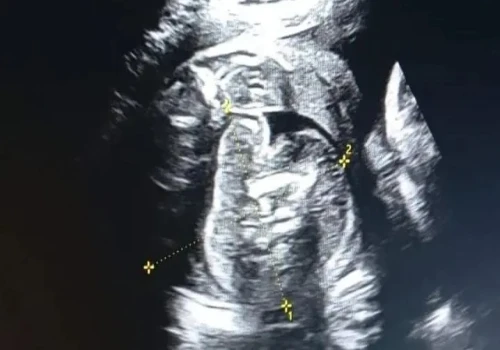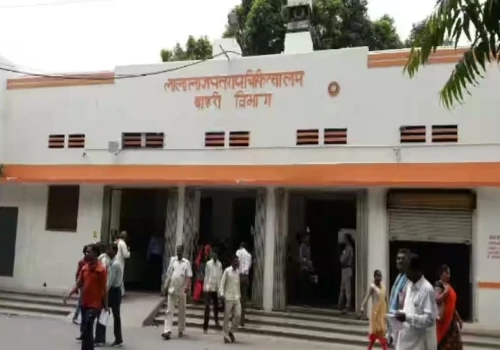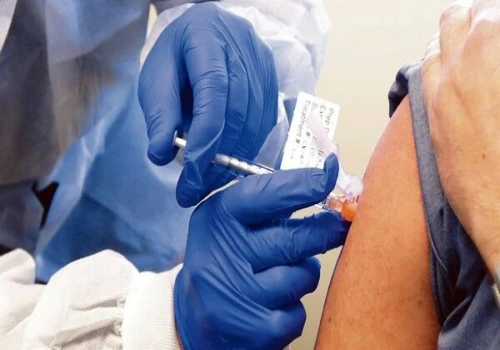
In the wake of recent events, India witnessed a surge in COVID-19 cases, particularly in states like Kerala and other union territories. A novel variant, JN.1, has surfaced in India, with its first case identified on December 8th in the southern state.
So, what exactly is this variant?
JN.1 is a mutated form of BA.2.86. The BA.2.86 variant, characterized by a total of 20 mutations on the spike protein, raised significant concerns upon its discovery, given that the spike protein is the virus's means of attaching to host cells. JN.1 is reported to have a singular alteration from BA.2.86. Initially detected in the United States in September 2023, JN.1 has since spread to eleven other countries.
The emergence of this variant triggered heightened concern among health experts, especially when a fatality was reported in Kerala due to the new JN.1 variant. The gravity of the situation prompted the government to dispatch letters to various states and union territories, underlining the critical importance of maintaining constant vigilance in the ongoing battle against COVID-19.
In these communications, Sudhansh Pant, the Union Health Secretary, emphasized that states should diligently track and monitor reports, specifically focusing on districts exhibiting influenza-like illness and severe acute respiratory illness cases. This ongoing surveillance is crucial, and health facilities are instructed to regularly update the Integrated Health Information Platform (IHIP) to detect early trends in case numbers.
The health ministry underscores the critical need to address public health challenges, emphasizing that the epidemiological behavior of the COVID-19 virus is significantly influenced by Indian weather conditions and the presence of other common pathogens, allowing it to persist and spread. As per the latest data, India recorded 260 new coronavirus infections on Monday, contributing to an increase in active cases to approximately 1,828. Additionally, one death has been reported in Kerala, where the new JN.1 variant of the coronavirus has been detected.
In response to the emergence of the new variant in Kerala, the Karnataka government has mandated wearing masks for individuals above 60. Sudhansh Pant highlights that the sustained trajectory of COVID-19 at manageable low rates is attributed to the ongoing and cooperative efforts between the central and state governments.











